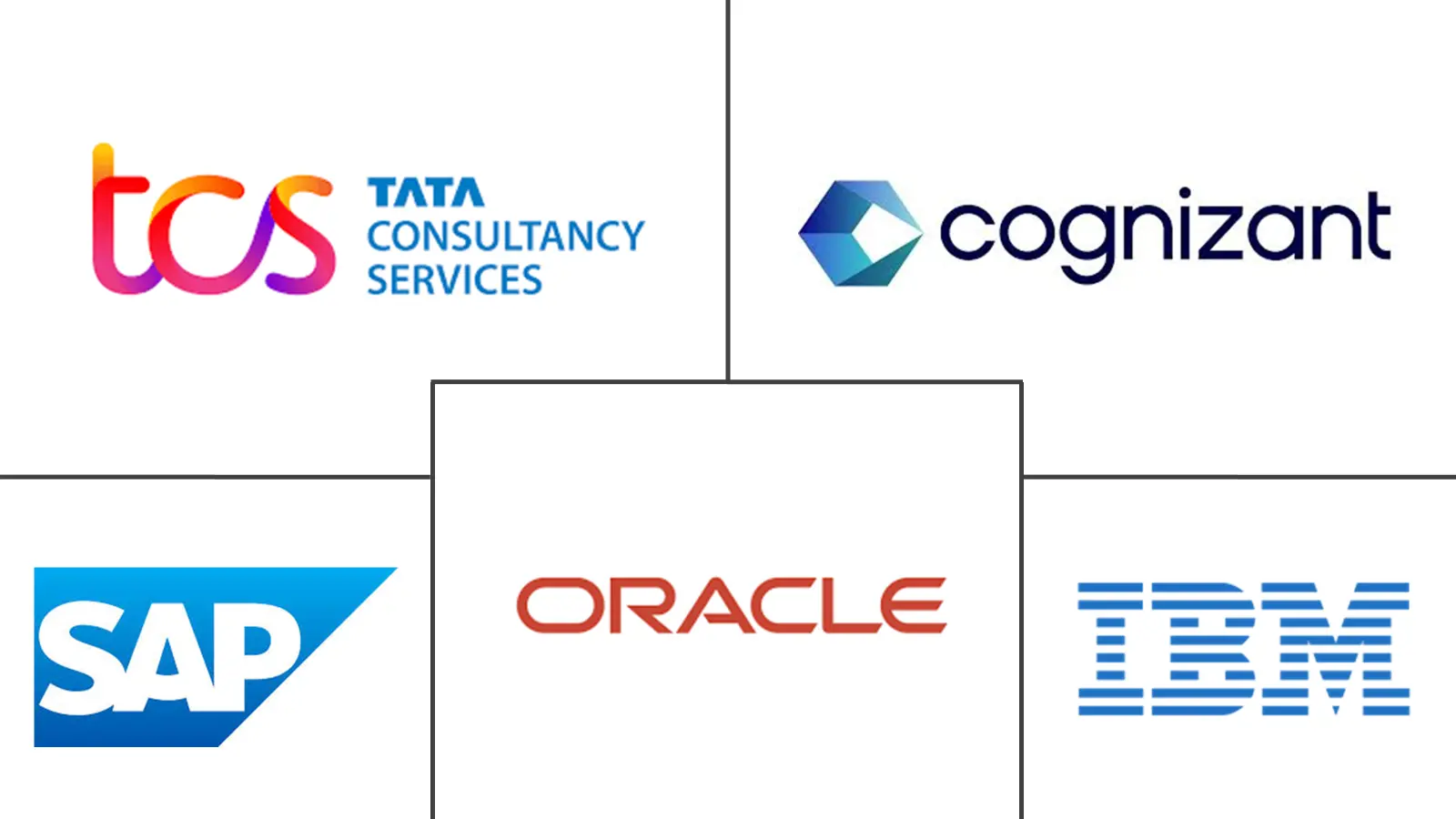
Service Companies of Hungary
Hungary’s service sector plays a vital role in its economy, contributing significantly to GDP and employment. Services make up around two-thirds of Hungary’s GDP, with a diverse range of companies operating in finance, tourism, telecommunications, and information technology. Budapest, the capital, is the heart of this sector, hosting both Hungarian and international service companies, making it a vibrant hub for business in Central and Eastern Europe. Let’s take a closer look at some key industries and notable service companies in Hungary.
Financial Services
Hungary’s financial sector is well-developed and includes banks, insurance companies, and investment firms. The country’s largest bank is OTP Bank, which has a substantial presence in the domestic market and operates across several European countries. OTP offers various banking services, including personal and corporate accounts, loans, and investment products. Another major player is K&H Bank, a subsidiary of Belgium’s KBC Group, which offers banking, leasing, and insurance services. Hungary’s Central Bank (MNB) is responsible for monetary policy, financial regulation, and supervision, and its policies are crucial for the stability and growth of the country’s financial sector.
Telecommunications
Hungary’s telecommunications industry is also robust, with several companies providing internet, mobile, and broadband services. Magyar Telekom, the largest telecommunications provider, is a subsidiary of Deutsche Telekom. It offers a comprehensive suite of services, including mobile phone plans, high-speed internet, and television packages. Vodafone Hungary, another major telecom operator, provides mobile services and broadband internet. Yettel Hungary (formerly Telenor) serves the mobile communications market, providing 4G and 5G services and contributing to the expansion of digital services across the country.
Information Technology and Outsourcing
Hungary has become an attractive destination for IT and business process outsourcing (BPO), with Budapest, Szeged, and Debrecen being popular locations. Companies like IBM, Tata Consultancy Services (TCS), and EPAM Systems have established large offices in Hungary, providing software development, IT support, and customer service. These companies benefit from Hungary’s educated workforce and competitive costs, offering services to clients across Europe and the globe. For example, TCS operates a major delivery center in Budapest, providing BPO services for various industries, including finance, telecommunications, and pharmaceuticals.
Tourism and Hospitality
Hungary’s tourism industry is a crucial component of the service sector, attracting millions of visitors each year. The country is known for its historical landmarks, such as Buda Castle and the Széchenyi Thermal Baths in Budapest, which attract both leisure and business travelers. Accor, InterContinental, and Marriott have major hotel chains in Hungary, catering to tourists with a range of accommodation options. Hungaroring, the home of the Hungarian Grand Prix, also brings international visitors, bolstering tourism and related services.
Retail and E-commerce
The retail sector in Hungary includes a mix of domestic and international brands. Spar Hungary and Tesco are popular grocery retailers, while e-commerce has grown significantly in recent years, driven by platforms like eMAG and Alza. Hungarian consumers are increasingly shopping online, leading companies to invest in digital channels and delivery logistics. Food delivery platforms such as Wolt and NetPincér have also gained popularity, especially in urban areas.
Logistics and Transportation
Hungary’s central location in Europe makes it a strategic spot for logistics companies. DHL, UPS, and Hungarian Post (Magyar Posta) are prominent logistics and transportation providers. These companies play a critical role in Hungary’s supply chain and distribution network, especially with the growth of e-commerce. Additionally, the Hungarian State Railways (MÁV) provides passenger and freight transportation services, linking Hungary with neighboring countries and supporting both domestic and international trade.
Healthcare Services
Healthcare services in Hungary are provided by a mix of public and private institutions. The state healthcare system is complemented by private healthcare providers like Medicover and Rózsakert Medical Center, which offer specialized services and cater to both locals and medical tourists. Hungary has become a destination for dental tourism due to its high-quality and affordable dental services, attracting patients from across Europe.
Conclusion
The service sector in Hungary is a dynamic and growing part of the country’s economy. From financial services to tourism, telecommunications, IT outsourcing, and healthcare, a wide array of companies contribute to Hungary’s role as a service hub in Central and Eastern Europe. With continued investment in technology and infrastructure, the sector is well-positioned to expand further, supported by Hungary’s skilled workforce and strategic location.



Leave a Reply